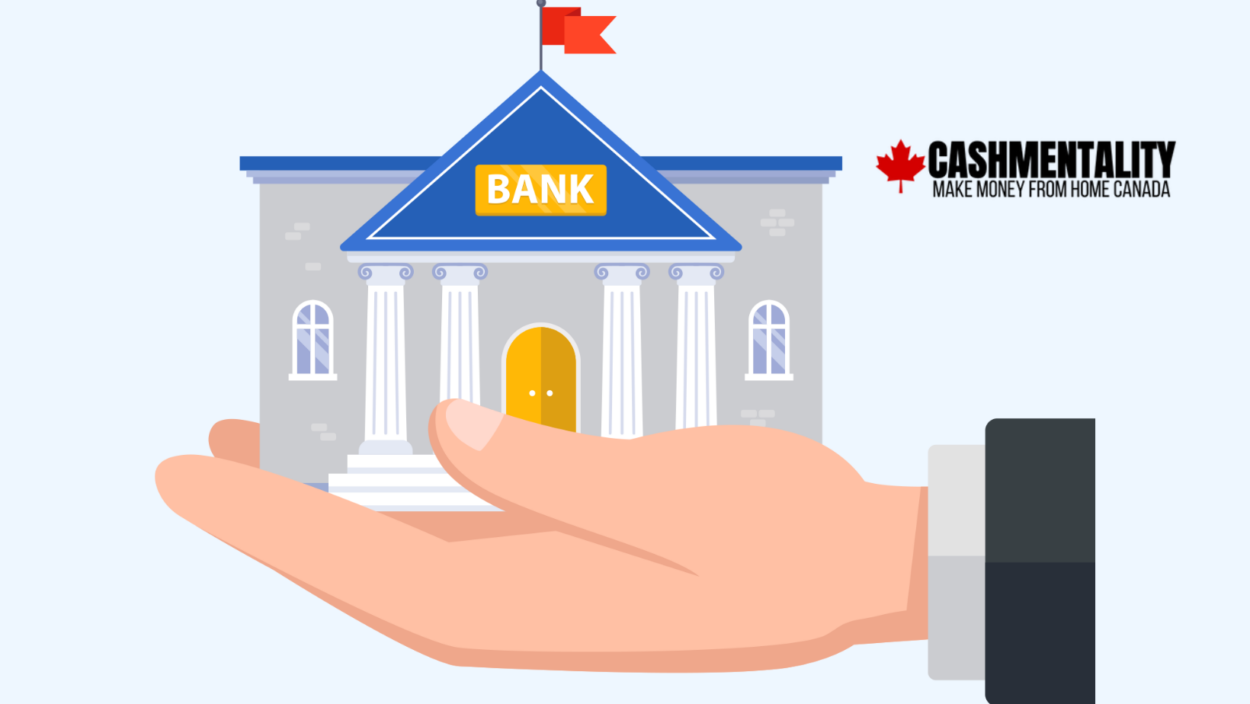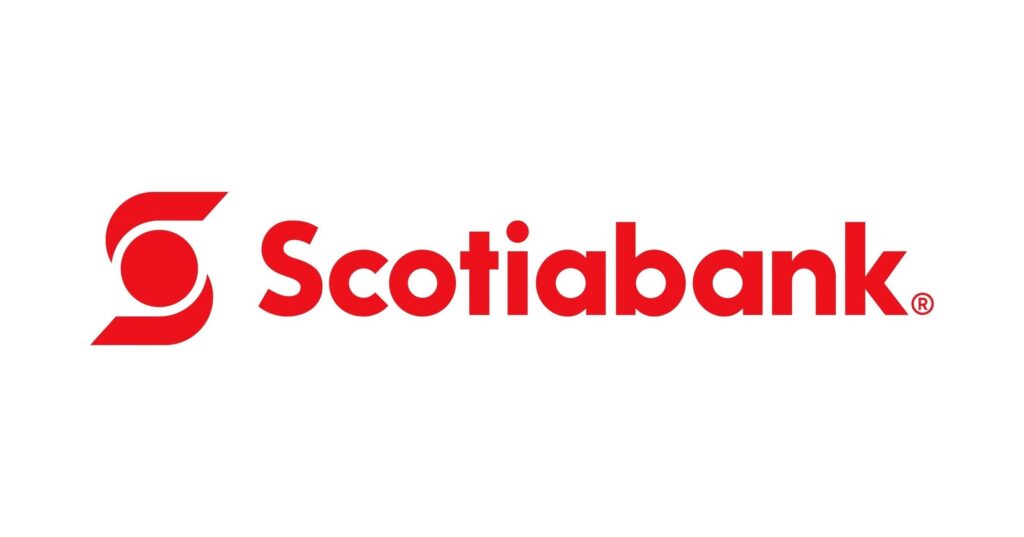In a financial landscape where choice is abundant, the question of how many bank accounts you should have is a pertinent one. From Canada’s diverse banking options to the varying needs of individuals, finding the ideal number of accounts to manage your finances effectively can be a strategic decision.
Read on to find out how many accounts you can have in Canada, whether you should have more than one, the pros and cons of multiple accounts, and the best online and traditional bank accounts.
Key Takeaways
There is no limit on the number of bank accounts you can have in Canada.
However, there are pros and cons if you are contemplating opening multiple accounts.
When choosing an account, one of the main decisions is whether to use one of the big banks or an online bank.
Table of Contents
- How Many Bank Accounts Can You Have in Canada?
- Reasons for Having Multiple Bank Accounts
- How Many Bank Accounts Should a Married Couple Have?
- How Many Bank Accounts Should I Have for My Business?
- Online vs Big Banks: Pros and Cons
- Pros and Cons of Having Multiple Bank Accounts
- How to Choose a Bank Account for Your Needs
How Many Bank Accounts Can You Have in Canada?
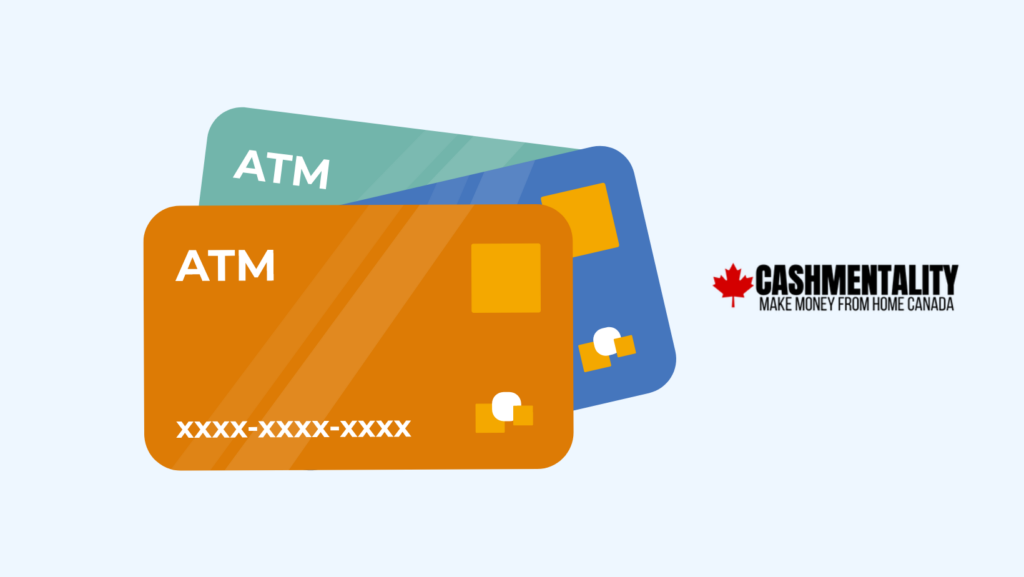
In Canada, there are no set rules dictating the number of bank accounts you can possess. The choice lies entirely with you, depending on your financial objectives and preferences. Whether you opt for one or multiple accounts, you have the freedom to tailor your banking strategy according to your unique circumstances.
The flexibility is apparent when considering various banks. You are not limited to a single institution; you can hold multiple accounts across different banks. This means you can curate your accounts to suit different purposes, such as segregating your funds for bills, savings, emergencies, and more.
Reasons for Having Multiple Bank Accounts
The allure of multiple bank accounts rests on the ability to compartmentalize your finances. For instance, distinct chequing and savings accounts can serve separate purposes. Some individuals prefer the granularity of having several accounts for specific uses, like allocating funds for vacations or unforeseen expenses.
Budgeting also plays a role. If managing your finances is easier with separate accounts for various goals, then having multiple bank accounts can empower you to stay on top of your financial game.
Canada Deposit Insurance Corporation (CDIC) Coverage
Diversifying your bank accounts can also have financial security implications. The Canada Deposit Insurance Corporation (CDIC) provides deposit insurance coverage up to $100,000 per category. Should a bank encounter financial distress, this coverage offers a safety net, ensuring your deposits are protected.
Taking Advantage of Bank Promotions
Furthermore, some banks offer attractive promotions and perks, such as cashback or reward points for debit card transactions. Having multiple accounts can enable you to maximize these benefits by strategically utilizing different accounts for specific transactions.
How Many Bank Accounts Should a Married Couple Have?

For married couples, financial management often involves a joint approach. While there’s no universal formula, having at least one individual account and a shared joint account is a common practice. This setup allows for independent financial autonomy while fostering collaboration for shared expenses.
However, the dynamics can differ. Some couples choose to each have their own accounts alongside a shared chequing and savings account. This arrangement provides the flexibility to allocate funds for individual and joint purposes effectively.
How Many Bank Accounts Should I Have for My Business?
Businesses, like individuals, require a tailored banking approach. At a minimum, businesses often benefit from maintaining three distinct accounts:
- Operations Account: This account handles day-to-day financial transactions, including income and bill payments.
- Tax Account: A dedicated account to set aside funds throughout the year, ensuring taxes can be paid on time.
- Profit Account: A space to accumulate profits, which can later be reinvested or allocated for specific business needs.
This structure promotes effective financial management and facilitates strategic allocation of funds.
Online vs Big Banks: Pros and Cons
Choosing the right bank is pivotal. When deciding between online and traditional big banks, there are pros and cons to consider.
Online Banks Pros and Cons
Pros:
- Lower or no fees.
- The convenience of online transactions and services.
- Higher interest rates on deposits.
- Perks like cash back and rewards programs.
- Quick and easy account opening.
Cons:
- Limited ATM networks.
- Absence of in-person customer service.
Top Online Bank Recommendations:

Simplii No-Fee Chequing Account
$400 cash bonus offer
No monthly account fees
Unlimited transactions & Interac e-Transfers
Free personalized cheques
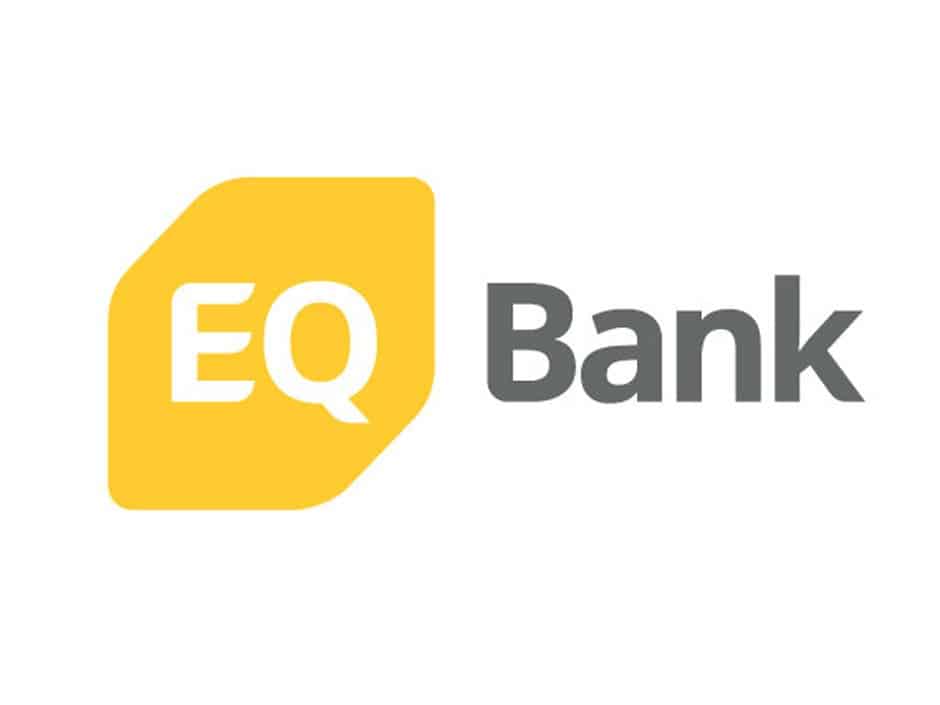
EQ Bank Savings Plus Account
2.50%* non-promotional interest rate
Unlimited debits and bill payments
Unlimited Interac e-Transfers
No monthly account fees
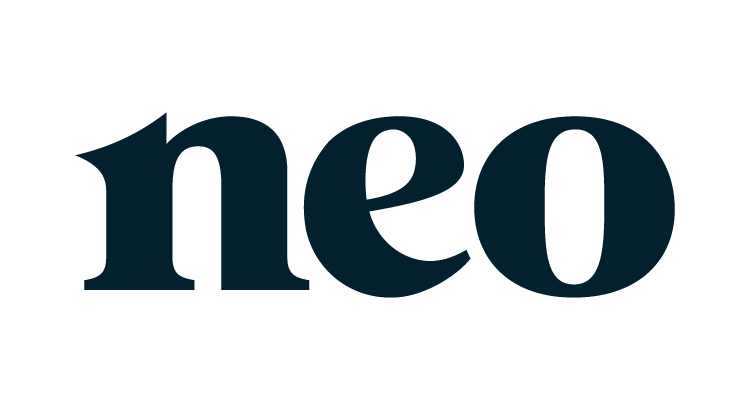
Neo Money Account
2.25% non-promo interest rate
No monthly fees + $20 bonus
Unlimited free transactions
Get a Mastercard for payments online and ATMs
Access to a no-annual-fee credit card
Big Banks Pros and Cons
Pros:
- Access to extensive ATM networks.
- A wide array of financial products.
- In-person customer service.
Cons:
- Potentially higher fees.
- Variable interest rates.
Top Big Bank Recommendations:
Pros and Cons of Having Multiple Bank Accounts
To effectively determine whether multiple accounts are right for you, it’s crucial to weigh the pros and cons.
Pros:
- Enhanced financial organization.
- Potential to capitalize on promotional offers.
- Diversification of CDIC insurance coverage.
- Maximization of benefits from cashback and rewards programs.
- Suitable for couples seeking joint and individual accounts.
Cons:
- Accumulation of fees from multiple accounts.
- Minimum balance requirements.
- Complexity and potential confusion.
How to Choose a Bank Account for Your Needs
Choosing a bank account hinges on considering key factors:
- Bank Type: Evaluate the benefits of online and big banks to align with your preferences.
- Costs: Factor in account fees and other associated charges.
- Accessibility: Assess ATM network availability.
- In-Person Services: Determine if you require in-person customer service.
- Additional Products: Explore other offerings like mortgages and credit cards.
- Interest Rates: Consider if a high-interest savings account aligns with your goals.
Ultimately, your choice should be a reflection of your financial priorities and lifestyle.
In the realm of banking, there’s no one-size-fits-all approach. Deciding on the number of bank accounts you should have in Canada is deeply personal and depends on your financial objectives, preferences, and lifestyle. Whether you opt for a single account or embrace the advantages of multiple accounts, understanding the reasons behind your choice empowers you to make sound financial decisions that cater to your unique needs. Remember, the banking landscape offers a wealth of options, allowing you to curate a banking strategy that aligns with your individual aspirations and goals.

